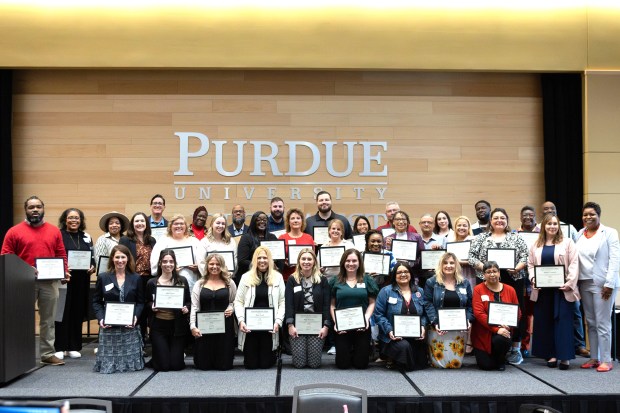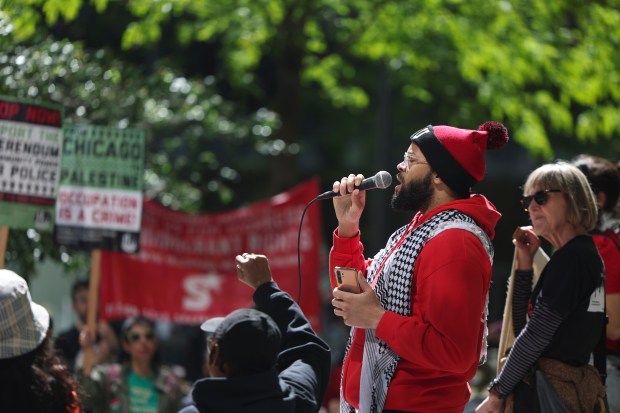Lake Forest is moving toward adopting its own grocery sales tax, seeking to replace revenue previously collected by the state.
Taking a similar action by many other Illinois communities, the Lake Forest City Council unanimously voted on April 21 for initial approval of a 1 % grocery sales tax enacted by municipalities.
The communities are taking the action after the state moved in May 2024 to eliminate its own tax, where the revenues were distributed to cities and towns. As part of the legislation, the state allowed communities to enact their own tax.
Facing an Oct. 1 deadline to have the tax revenue on their books by Jan. 1, Lake Forest joined other municipalities, including Bannockburn, Wheeling and Carol Stream in creating its own grocery tax.
Shoppers are not expected to see a difference at the supermarket checkout line since the new law just shifts collection of the revenue.
“This is maintaining an existing tax that has been in place for decades,” City Manager Jason Wicha said.
However, the conversion from a state tax to a municipal tax troubled Alderman Ara Goshgarian, 3rd.
“I think this is idiocy that the state has modified this and turned to municipalities and said you go ahead and tax,” Goshgarian said at the City Council meeting. “They want us to be the bad guy. I take great umbrage with that. I just don’t think it is right.”
Wicha added there was an effort by municipalities protesting the state’s decision.
“It ultimately fell on deaf ears,” he acknowledged.
When asked for comment from Governor JB Pritzker, spokesman Alex Gough replied by writing, “He’s responded to this criticism ad nauseam and we don’t have anything new to say on the matter.”
City officials estimated Lake Forest would lose $525,000 in revenue upon the elimination of the grocery tax. While the city currently has an approximate $3.6 million surplus in the latest budget, city officials expressed reluctance to drop the revenue stream.
“You never know what rug is going to be pulled out from under you,” Mayor Stanford “Randy” Tack said. “It’s less problematic perhaps for us than it is for other communities, but it doesn’t mean it is not problematic, and the numbers aren’t small.”
Final approval is expected at the May 5 City Council meeting.
Lake Bluff Village Administrator Drew Irvin wrote in an e-mail that the topic will be up for discussion at the village level in May.
Daniel I. Dorfman is a freelance reporter for Pioneer Press.




